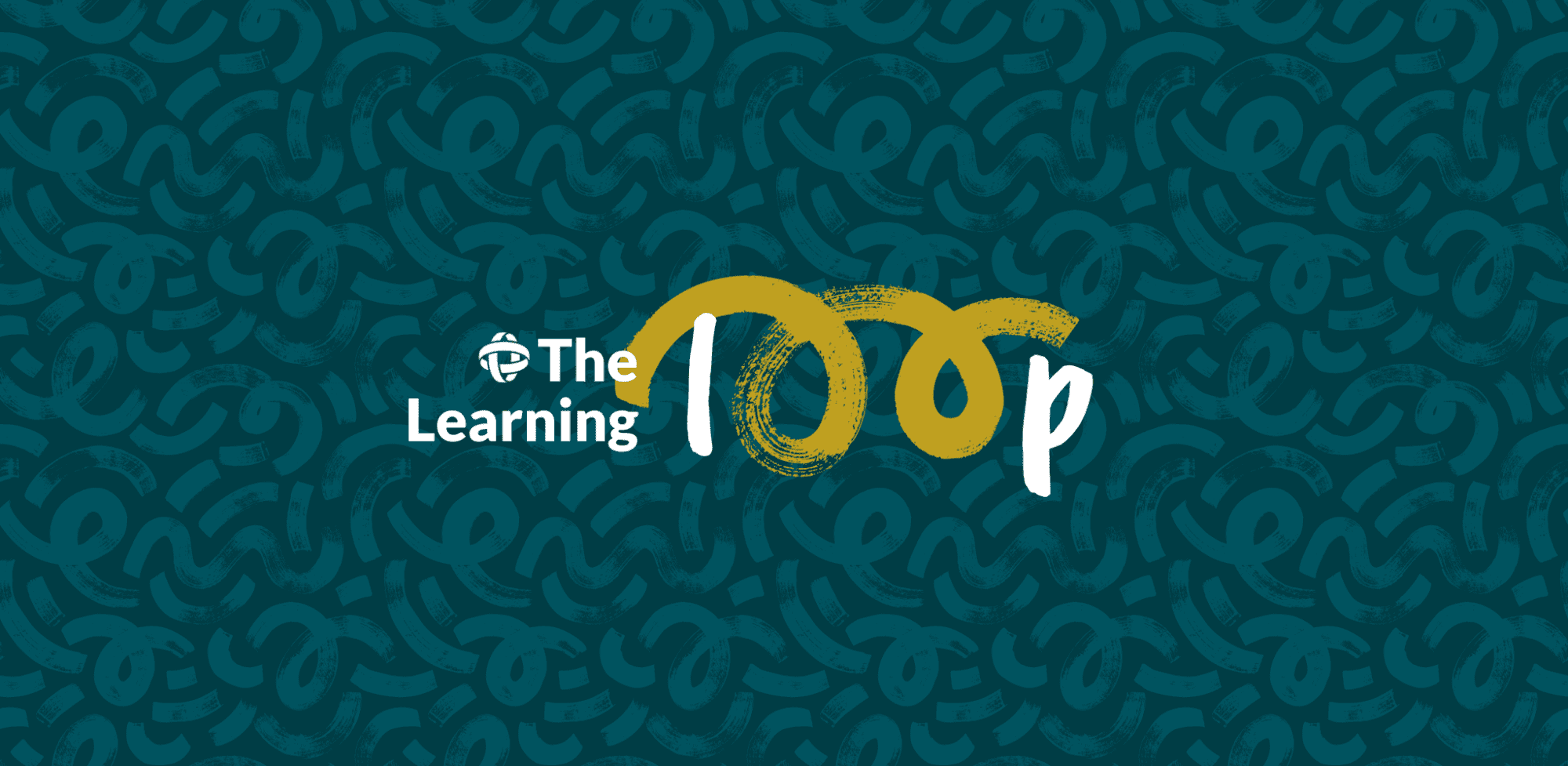
Are you missing out on attracting and retaining a motivated and talented segment of the working population?
Research shows that people with disabilities often demonstrate higher levels of motivation, innovation, loyalty, problem-solving skills and creativity, yet 50% of disabled people in the UK are unemployed or feel hindered by barriers in the workplace, highlighting the significant need for more disability confidence.

The importance of Disability Confidence
Disability is a complex concept influenced by various factors and unfortunately, while an individual’s physical or mental condition might contribute to their disability, society can create barriers or challenges that limit opportunities or access for individuals with disabilities.
Disability Confidence, also known as disability inclusion or being a Disability-Confident employer, refers to an organisational commitment to creating an inclusive environment that supports individuals with disabilities in the workplace. It involves fostering a culture that embraces diversity, equality and accessibility for employees regardless of their physical or mental abilities, ensuring everyone in the workplace can thrive!
Key elements include:
• Cultivating a workplace culture that is inclusive and supportive of disabilities.
• Making necessary workplace adjustments to accommodate individual needs.
• Providing comprehensive support services, resources, and ongoing training.

Read on to discover how you can practice and implement these key elements in your workplace, and how you can become an official Disability Confident employer!

Creating a Disability Confident and open culture
Culture change starts at the top – so having a clear commitment from senior leadership is crucial – both for driving the change with each department and also to send a clear message to all employees about the importance of disability inclusion.
You can do this by sharing case studies or blogs from well-known colleagues with disabilities and celebrating disability awareness days and weeks with dedicated events and campaigns. These are both powerful ways to ensure that disability receives the recognition it deserves.
There are many events to choose from, and you can use resources from these organisations to make these initiatives even more meaningful.
Furthermore, including a disability statement on your website and in communications shows your ongoing commitment to inclusivity and diversity, helping to create and promote a welcoming environment where everyone is supported.
Workplace adjustments
Workplace adjustments, also known as reasonable adjustments or accommodations, are changes or modifications made to a job or work environment to enable employees with disabilities or other specific needs to flourish in their workplace.
There are three compelling reasons employers must make these adjustments. Firstly, employers have a duty of care for the health and wellbeing of their employees, and adjustments can significantly reduce the impact of work on someone’s health. Secondly, by implementing adjustments, disabled employees can work to their full potential, ultimately enhancing business productivity. Last but not least, employers must make these reasonable adjustments to ensure they are legally abiding by The Equality Act 2010.

The Equality Act 2010 highlights three main categories of workplace adjustment requirements employers must make for employees with disabilities. These categories are:
Change: This involves modifying the way things are typically done. It can include adjustments to policies, making one-time decisions or exceptions, and changes to working conditions and hours, such as offering flexible working arrangements or the option to work from home.
Physical: These adjustments aim to remove barriers posed by the physical features of the workplace. Examples include installing handrails, adjusting lighting, widening doorways, or installing automatic doors.
Aids and services: This category includes providing additional support, such as interpreters or job coaches, and equipment like adjustable desks, ergonomic chairs, or assistive software. These aids and services are tailored to enhance accessibility and support employees in their roles.
Each person’s needs for accommodations are unique, depending on their specific disability or health condition and the tasks involved in their job. Therefore, it is important that the manager and employee work together to identify the right support and adjustment.

Services, resources and training
We encourage making sure employees have access to an employee assistance programme and an occupational health service to support those whose disability affects their work. Partnering with disability organisations and sharing their resources on the intranet can also be valuable.
It’s also important that everyone involved in recruitment, onboarding, and supporting employees receives training in disability and health. Managers play a crucial role in implementing policies and supporting colleagues, so providing them with disability training is highly recommended. General awareness sessions for all colleagues can also foster understanding and support.
The Disability Confident Scheme
The Disability Confident Scheme is a government initiative which aims to help employers make the most of the talents disabled people can bring to the workplace.
Launched by the UK’s Department for Work and Pensions in 2013, the scheme supports businesses in recruiting and retaining disabled employees, encouraging them to create more inclusive and supportive environments.
The Disability Confident Scheme consists of three levels:
• Disability Confident Committed (Level 1)
• Disability Confident Employer (Level 2)
• Disability Confident Leader (Level 3)
Interested in taking part in the Disability Confident Scheme? Read on to explore these levels and their commitments in greater detail!


Levels and their commitments
Disability Confident Committed (Level 1)
Employers agree to a set of commitments and activities that demonstrate their dedication to supporting disabled people. These commitments include:
- Ensure your recruitment process is inclusive and accessible.
- Communicate and promote vacancies where disabled people can easily find them.
- Offer an interview to disabled people when they meet the minimum criteria for a job.
- Anticipate and provide reasonable adjustments as required.
- Support any existing employee who acquires a disability or long-term health condition, enabling them to stay in work.
Disability Confident Employer (Level 2)
To reach level 2, businesses need to complete a self-assessment, providing evidence that they meet the criteria and undertake activities under two themes:
Theme 1: Getting the right people for your business – This focuses on attracting, recruiting, and onboarding disabled individuals, covering the journey from attraction to interviews. It includes criteria for workplace adjustments and disability awareness, promoting disability confidence, and demonstrating at least one activity that helps disabled people find employment.
Theme 2: Keeping and developing your people – This theme emphasises supporting employees with their health and disability, including during absences and focuses on progression, development, valuing feedback, and promoting a positive culture. Businesses must also create an action plan for continuous improvement over the next three years.


Level 3 Disability Confident Leader
This level builds on the criteria of Level 2 and adds three additional elements:
Challenge: Your self-assessment must be validated by an external party to ensure you are meeting all core actions as a Disability Confident Employer.
Leadership: You need to provide a narrative of the actions you have taken or are taking to support being a Disability Confident Leader, encouraging others to join and progress through the scheme.
Reporting: You must report on disability, mental health, and wellbeing in the workplace using the Voluntary Reporting Framework.
After meeting these requirements, you must complete a validation template showing how you meet the criteria, with your validator adding comments on your evidence.
If you’re seeking guidance and support on becoming a disability-inclusive employer, download our comprehensive handout which delves into how to successfully attract, recruit, support and retain disabled talent in your business –Disability Inclusive – A Guide for Business
Additionally, for more information on being a Disability Confident employer, download our leaflet – Disability Confident Consultancy.

Upcoming highlights: Don’t miss out!
We are excited to let you know that we have a variety of events due to take place soon, including our ‘free to attend’ webinars that have been specifically scheduled in line with the upcoming national events.
These webinars will help you grow your knowledge and confidence within the subject area, as well as provide you with a recorded copy of the webinar following attendance to enable you to share this with colleagues.
In addition to our webinars, several ‘open courses’ are scheduled over the coming months that still have places available. So, feel free to explore these options and get your place secured to avoid missing out!
Ready to dive into a world of learning and development?
Scroll down to see our full line up, and book your place today!
| Service Type | Title | Dates | Times |
|---|---|---|---|
| Open Course | Mental Health First Aid Refresher | 4th, 5th September 2024 | 10:00am – 12:00pm |
| Open Course | Suicide First Aid Lite | 26th – 27th September 2024 | 2:00pm – 3:30pm |
| Open Course | Mental Health First Aid Full | 24th, 26th September & 1st, 3rd October 2024 | 09:30am – 13:00pm |
| Open Course | Mental Health First Aid Full | 22nd, 24th, 29th, 31st October 2024 | 09:30am – 13:00pm |
| Open Course | Menopause in the Workplace | 28th, 29th October 2024 | 10:00am – 12:00pm |
| Open Course | Dyslexia Awareness | 30th, 31st October 2024 | 09:30am – 12:00pm |
| Open Course | Disability & Health for Managers | 18th, 19th November 2024 | 10:00am – 12:00pm |
| Open Course | Mental Health First Aid Full | 20th, 22nd, 27th, 29th November 2024 | 09:30am – 13:00pm |
| Open Course | Neurodiversity Awareness for Managers | 21st, 22nd November | 10:00am – 12:00pm |
| Open Course | Mental Health First Aid Full | 10th, 12th, 17th, 19th December 2024 | 09:30am – 14:00pm |
| Open Course | Mental Wellbeing in the Workplace | 28th, 29th November 2024 | 09:30am – 12:00pm |
*Course includes E Learning Modules required to be completed prior to attendance at live sessions

We’re here to help…
If you’re looking for more information about our comprehensive training courses, insightful webinars, or valuable resources, we’re just a message away. Don’t hesitate to reach out for any queries or guidance you might need.
Our friendly training team are always ready to assist you with expert advice and support.
Alternatively, complete the short form on the right and a member of the team will be in touch!


